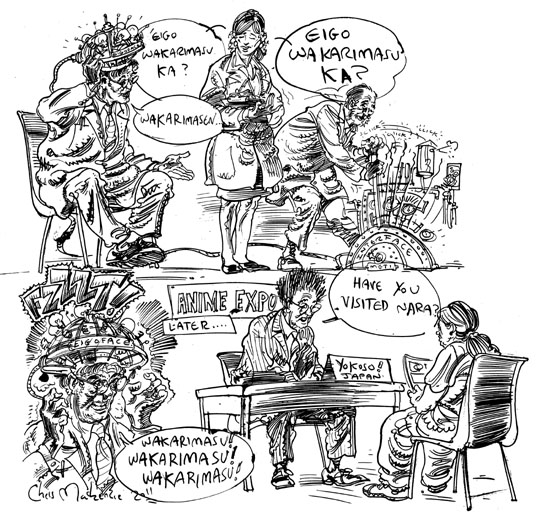Japan is not No. 1. After 20 years of stagnation-punctuated decline, it should not be news to anyone that Ezra Vogel got it wrong in his 1979 best-seller, "Japan as Number One: Lessons for America." Yet, in their endless navel-gazing and wheel-spinning (which, sadly, continues even in the face of natural and nuclear disasters of historic proportions — exhibit No. 1 being the political class's recent solipsistic no-confidence motion), most of Japan's governmental elite continues to behave in the same "if it ain't broke, don't fix it" way they did when Japan was top dog. Politicians talk today about the need for far-reaching and innovative policies. But talk is cheap and action has been meager.
One key measure of a country's economic well-being is its global competitiveness. According to the IMD business school's annual survey, Japan was ranked No. 1 in competitiveness in 1989, the first year the survey was conducted; by 2010, it had sunk to No. 27, behind China, South Korea, Taiwan, the United States and many others.
Until recent events shifted people's attention to more immediate concerns, there had been a lot of teeth-gnashing as Japan at last slipped behind China as the world's second-largest economy. This concern is misplaced; given its vast population and sustained growth, China's ascendance was just a matter of time. The real tragedy is the interminable downward spiral in Japan's competitiveness.



















With your current subscription plan you can comment on stories. However, before writing your first comment, please create a display name in the Profile section of your subscriber account page.